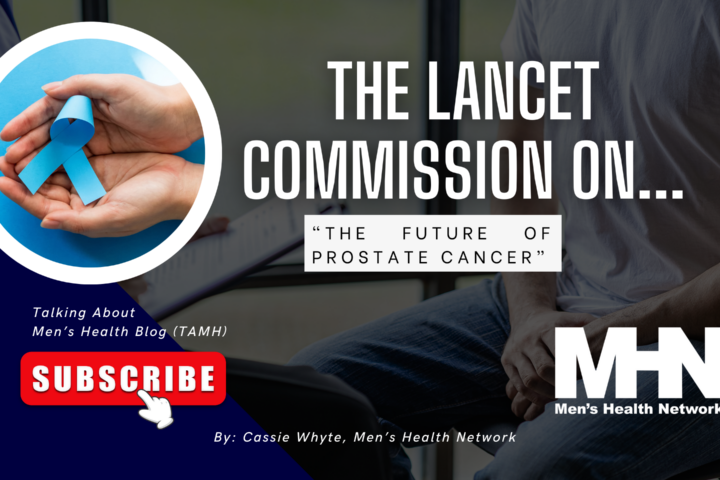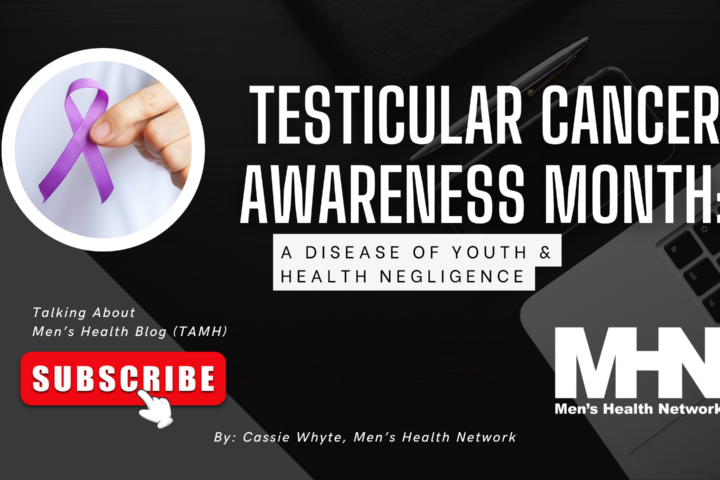I wanted to draw your attention to an article published in the February 8th issue of Newsweek magazine that highlights recently released research that solidly confirms the nearly imperceptible difference between the effectiveness of medications and placebos for the treatment of mild, moderate, and even severe depression. Drawing primarily from a met-analysis published in the January issue of the Journal of the American Medical Association (JAMA), the article explains how it was discovered that after analyzing just published research it was shown that patients taking a placebo improved 75% as often as those taking the actual medication. However, only sixty-percent of clinical trials performed on the main drugs for the treatment of depression have ever been published. After using the Freedom of Information Act to gain access to the remaining 40% of unpublished studies, this number rose to 82%. In addition, when combining both the published and unpublished trials, researchers found that over half showed “the drug alleviated depression no better than a placebo”. Further, in the trials that did show an improvement with those taking the actual medication, it successfully reduced severity of depression by only 1.8 points on the 54-point scale. The final conclusion of the meta-analysis was that the true effect of antidepressants was “nonexistent to negligible” in 87% of people. The only statistically significant drug benefit was in individuals with very severe, chronic symptoms. Just in case there was any doubt remaining, researchers exposed that even the very basis of the effectiveness of antidepressants is based only on a single study from the 1950s. This study showed that a drug called Iproniazid increased serotonin and norepinephrine levels in the brain and seemed to help a number of people with depressive symptoms. Therefore it was decided that it was an imbalance in these two chemicals that must be the cause of depression. Yet a new drug sold in Europe has been shown to be as effective as most current antidepressants and actually lowers levels of serotonin. One of the authors of the ineffectiveness studies puts it plainly, “If depression can be equally affected by drugs that increase serotonin and by drugs that decrease it, it’s hard to imagine how the benefits can be due to their chemical activity.”
Strangely enough, the arguments against this study revolves not around the accuracy of the science, which is admitted even by physicians as well as drug proponents, but whether or not it is morally right to overturn the belief of hundreds of millions of people about the effectiveness of their treatment. It is argued that, even if the improvement truly is fantasy, this belief is necessary for the benefit to continue. Further many fear that exposing the truth might even cause those receiving treatment to abruptly stop taking their medication, which can cause severe withdrawal symptoms such as nausea, vision problems, tremors, and even depression and anxiety. That is certainly an understandable and noble stance if it is indeed patient well-being and not a financial bottom-line influencing such a stance. However, this could easily be the most slippery of slopes. Is it really the moral option to continue to allow millions of people to spend thousands of dollars on drugs that serve no actual benefit? Who is it that is qualified to determine what is best for each of us? Physicians? Pharmaceutical companies? Do the lobbyists for Prozac have depressed people’s best interests at heart?
Both the news and journal articles focus primarily on the lack of a difference between the effectiveness of pharmaceuticals and placebos and the potential consequences. However, it does mention documented methods for successful alternatives, such as psychotherapy, which has been shown to be highly effective for all levels of depression, including very severe. It also makes the case for how the combination of medication and psychotherapy can be even more effective for some people, but warns that this may also be due to the expectation for success.
All this research has important implications for men’s health since men are equally as likely to suffer from depression as women, but are much more likely to successfully commit suicide because of it. The National Institute of Mental Health estimates that depression affects approximately six million men in the United States and between three and five-percent of men worldwide. Additionally, a number of sources confirm that worldwide sales of antidepressants are currently over $20 billion. Therefore any decisions about the distribution and use of these drugs will have profound effects not only on people suffering from depression and the economics that support their treatment, but also the functioning of mental health care systems throughout the world.
References
Begley, S. The Depressing News About Antidepressants. 29 January 2010. Newsweek.
Fournier JC, DeRubeis J., Hollon SD; et al. Antidepressant Drug Effects and Depression Severity: A Patient-Level Meta-analysis. JAMA. 2010;303():47-53.



